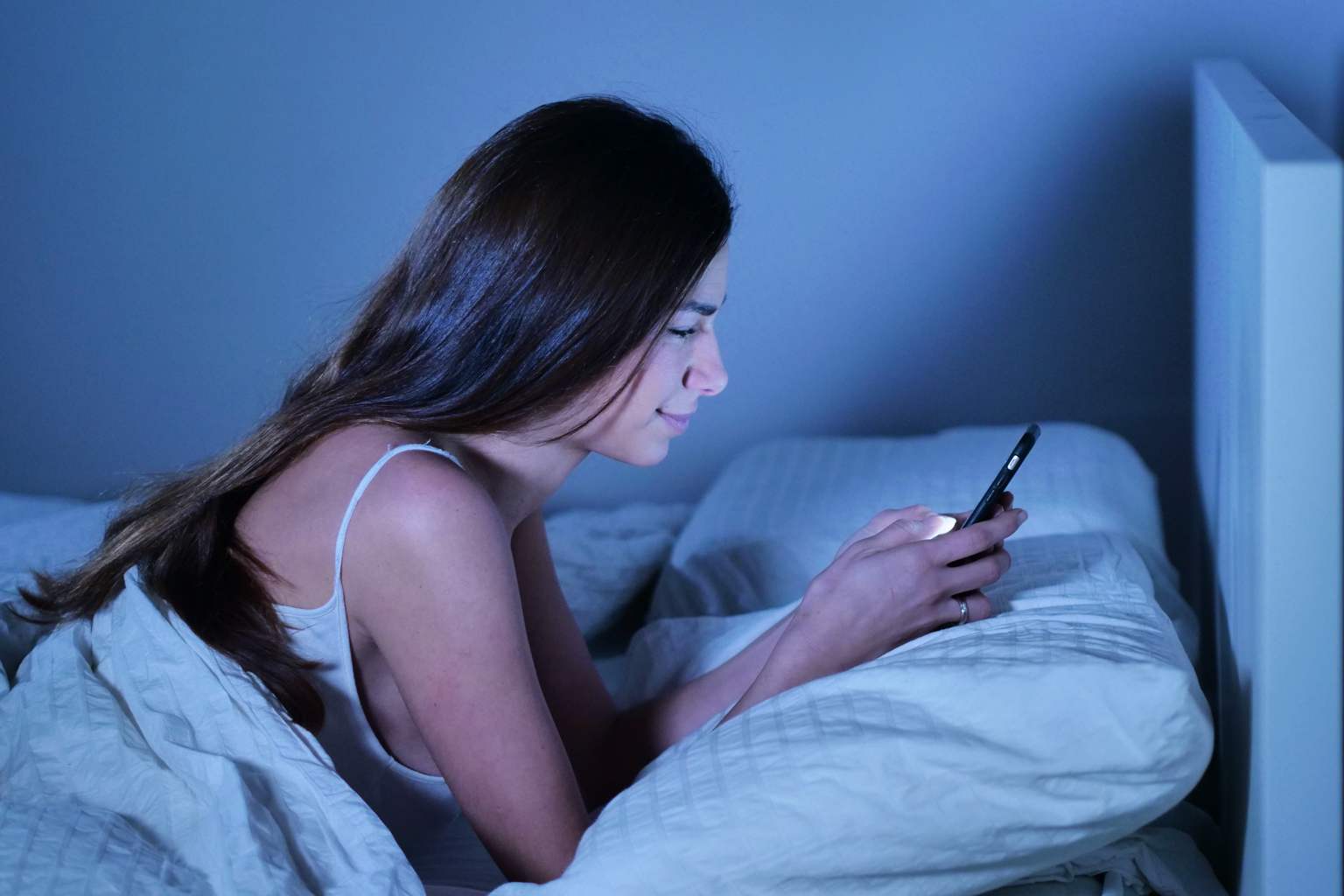Sleeping with your phone under your pillow might seem harmless, but it could be putting your health and safety at real risk. Many of us rely on our phones not just for work or fun but as the last thing we see before drifting off to sleep. Yet, placing your phone so close to your head may be more dangerous than you think.
It’s time to rethink this bedtime habit and protect both your sleep and your home.
How the phone affects your sleep quality
We often reach for our phones during the night or keep them nearby as we fall asleep, even slipping them under our pillows. But this practice can seriously disrupt your sleep quality. If you’re used to checking your phone before lights out, you might be unintentionally sabotaging your night’s rest.
Phones emit blue light, which interferes with the production of melatonin, a hormone essential for regulating the body’s natural sleep-wake cycle. When melatonin drops, it becomes much harder to fall asleep and stay in a deep, restorative sleep phase. Have you ever noticed how scrolling through social media before bed leaves you feeling restless or tired in the morning? That’s the melatonin effect in action.
Besides the blue light, the presence of your phone itself can cause disturbances. Late-night notifications pull your attention away, making it difficult to relax and fully unwind. And that reflex to check your phone “just one more time” can keep your brain wired, prolonging the time it takes to drift off.
Hidden dangers of physical risks and fire hazards
The risks of sleeping with your phone under your pillow go beyond poor sleep. There are very real physical dangers involved, especially if you charge your device while it’s tucked under your bedding.
Smartphones’ batteries generate heat during charging, and using unofficial chargers or faulty cables can cause them to overheat—sometimes to the point of explosion or fire. Covering phones with blankets or pillows traps this heat, making overheating more likely.
Firefighters and safety experts consistently advise against placing phones on or under bedding, recommending instead to keep devices on a nightstand or other hard surface away from fabrics. While incidents are rare, they are well-documented and severe when they happen.
For example, in April 2025, in Blaisy-Haut, France, a family lost their home after a nightstand phone battery overheated and sparked a fire. Fortunately, everyone escaped unharmed, but the home was completely destroyed (France Bleu). That heartbreaking story shows just how dangerous this seemingly innocent habit can be.
Healthy habits to protect your sleep and safety
To minimize these risks, place your phone on a nightstand or desk away from your bed. If you rely on your phone as an alarm clock, turn on airplane mode overnight to cut down on exposure to radio waves and reduce interruptions from calls or notifications.
Never charge your phone under the covers or on the bed. Stick to original or official chargers to avoid overheating issues. And most importantly, try to disconnect from your phone mentally as you wind down each night. This simple step can reduce stress and help you achieve deeper, more refreshing sleep.
Here’s something I found personally helpful: by leaving my phone across the room, I started waking up feeling calmer and less anxious. I replaced that first morning scroll with a few stretches and a glass of water — it really set a peaceful tone for the day.
It’s also wise not to dive into your phone immediately upon waking. Early morning cortisol naturally wakes us up, but checking your phone can spike stress hormones further, which might affect your heart health over time. Allow your brain to transition slowly from rest to alertness, giving yourself time for mindful mornings.
Have you ever tried putting your phone away before bed or using airplane mode overnight? What changes did you notice? Share your experience or any nighttime habits that help you sleep better in the comments below. Don’t forget to share this article if you found it helpful—it might just save someone from a restless night or worse!
